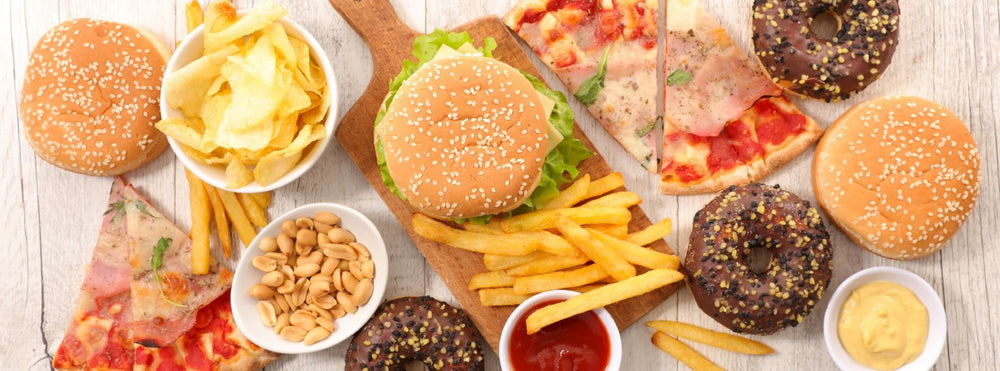Turns out cheap food is really expensive

Americans spend $1.1 trillion on food annually. But a new report from the Rockefeller Foundation suggests that our nutrition habits cost us about three times that number when all the consequences of our food purchases are weighed.
That initial $1.1 trillion covers the cost of food up until we bring it home. But it doesn’t include what happens afterward: the costs of prepping, eating, and disposing of what we bought -- and the effects on our health and the environment. Those costs add up to a staggering $2.1 trillion -- at least (the report authors were being conservative).
Not surprisingly, the bulk of that post-consumption cost can be attributed to health effects. The downstream costs of non-communicable diseases, including heart disease, add up to $604 billion, including both direct medical costs and productivity loss. For obesity and overweight, the report projected $359 billion.

Source: True Cost of Food Measuring What Matters to Transform the U.S. Food System; The Rockefeller Foundation
The U.S. appears an outlier in this regard. The authors note that if we could cut our diet-related diseases to rates similar to Canada, we could reduce health care costs by about $250 billion.
So how do we do that? How can we get more bang for our nutritional buck as a country? The report suggests that we should treat food as an investment. What a concept!
“By approaching food and the food system as an investment, and understanding its downstream returns, we have the potential to not only lower our true cost of food, but also transform the food system in a way that reduces costs and increases returns across the different systems and domains with which it intersects,” the authors write.
We should think of food as medicine, the authors assert, by investing in consumer education, strengthening the federal nutrition assistance program, doubling down on better regulatory and labeling practices, and (my favorite) investing in nutritional interventions in health care.
All of this backs up the findings of an analysis of the cost savings of Step One Foods. That study, published online in the journal Current Cardiology Reports, found the healthcare costs in individuals with elevated bad cholesterol (LDL-C) levels were 44% higher than those with normal cholesterol levels. That translates to billions of dollars annually.
We know that reducing LDL-C is associated with lower rates of heart events - and therefore lower heart care costs. Given that Step One reduces LDL-C on average by 9%, for every dollar spent on SOF, $2.32 is saved in downstream medical costs.
I share your frustration that the bulk of this savings is realized by your insurance company instead of being refunded to you! After all, you’re the one trying to be proactive in preventing disease, paying for your healthy food at full cost. Meanwhile, medications prescribed for diet driven diseases are all heavily subsidized. It all seems backwards.
Which is why we are working hard to convince insurers that they are far better off paying a little for an ounce of prevention than paying a lot for a pound of cure. It’s a huge undertaking to change the way insurers pay for "health" care, in a David vs Goliath kind of way, but I won’t rest until we succeed.

Tested & Proven Results.
- Cardiologist formulated
- Supported by over 500 publications
- Clinically-proven, in a double-blind randomized trial with Mayo Clinic and The University of Manitoba
80% of participants lowered their cholesterol in just 30 days. With just two servings per day, Step One Foods offers a proven-effective way to naturally lower LDL (bad) cholesterol.
Get heart health tips and articles like this, delivered right to your email.
New articles every week.
You may also like...

The Next Super Food: How Pecans Help Lower Cholesterol

You don’t need to avoid foods with cholesterol…except for these



